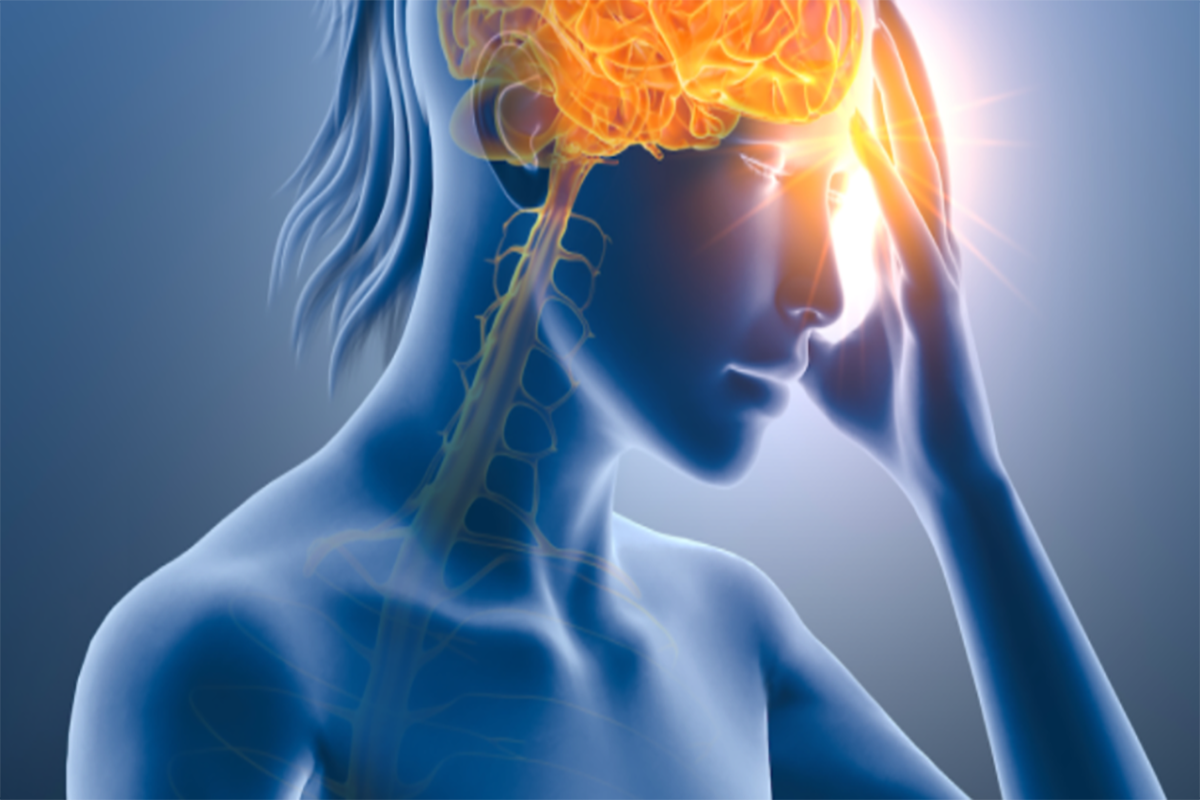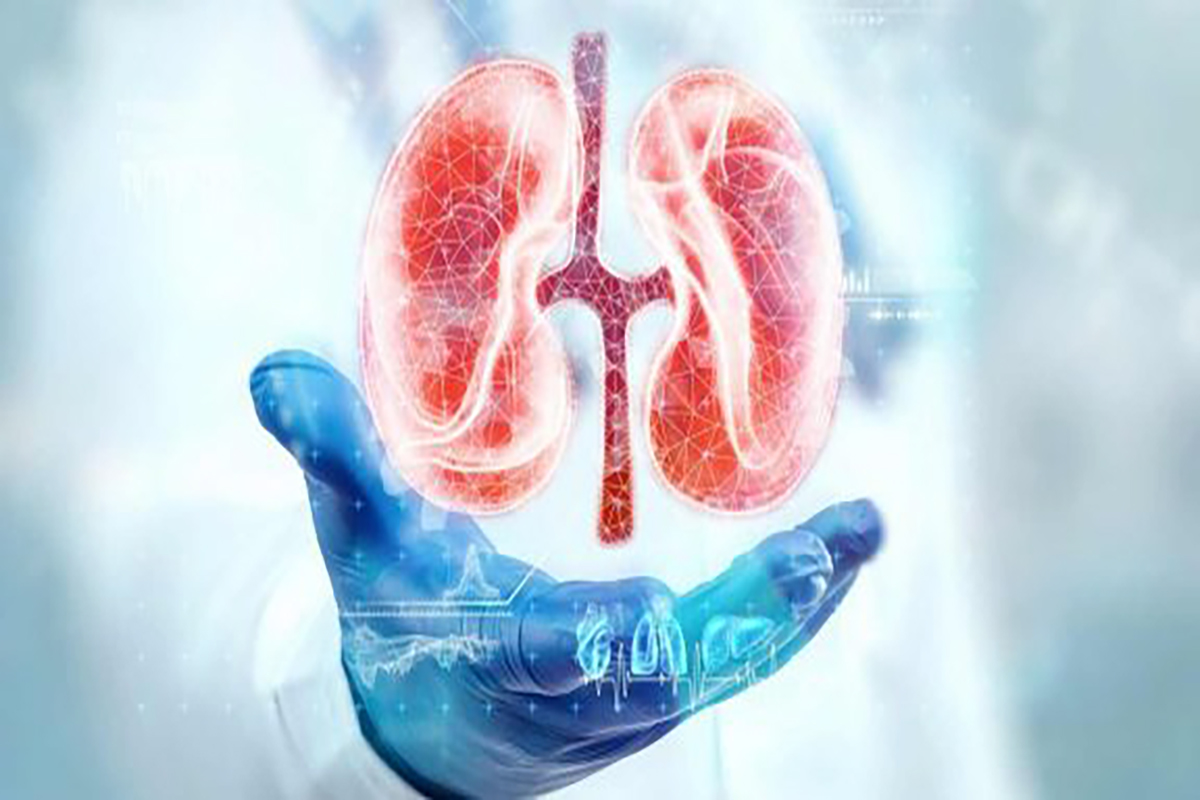
Understanding the Different Types of Headaches
By Dr. Neeraj Kumar in Neurology
May 21, 2024
Headaches are a common ailment that nearly everyone experiences at some point in their lives. However, not all headaches are created equal. There is a wide spectrum of headaches, each with its unique characteristics, triggers, and treatment approaches. Understanding the different types of headaches is crucial for effective management and relief.
Tension Headaches: Tension headaches are the most prevalent type, often characterized by a dull, constant pain that wraps around the head. They are typically caused by stress, poor posture, or muscle tension. Managing tension headaches involves stress reduction techniques, proper ergonomics, and sometimes over-the-counter pain relievers.
Migraines: Migraines are more than just intense headaches; they come with additional symptoms like nausea, sensitivity to light and sound, and visual disturbances. The exact cause of migraines is still not fully understood, but genetic and environmental factors play a role. Treatment may involve medications to alleviate symptoms and lifestyle changes to prevent triggers.
Cluster Headaches: Cluster headaches are excruciatingly painful and often occur in cyclical patterns or clusters. They are characterized by severe pain on one side of the head, along with symptoms like watery eyes and nasal congestion. While the exact cause remains unknown, cluster headaches are more common in men. Oxygen therapy and specific medications are often prescribed to manage and prevent cluster headaches.
Sinus Headaches: Sinus headaches are often mistaken for migraines or tension headaches. They occur when the sinuses become inflamed, leading to pain and pressure in the forehead, cheekbones, and nose. Addressing the underlying sinus issue through medications, decongestants, and nasal irrigation can provide relief.
Hormonal Headaches: Hormonal fluctuations, especially in women, can trigger headaches. Menstrual migraines and headaches related to birth control are common examples. Understanding the hormonal patterns and working with healthcare providers to manage these fluctuations is crucial for effective relief.
Rebound Headaches: Overusing pain ‘ Medicarion overuse headache ‘ instead of rebound headache can lead to rebound headaches, where the frequent use of pain relievers actually causes headaches. Breaking the cycle involves gradually reducing medication use under medical supervision and exploring alternative pain management strategies.
Caffeine-Withdrawal Headaches: For individuals accustomed to regular caffeine intake, sudden withdrawal can lead to throbbing headaches. Gradual reduction and staying hydrated can help alleviate these withdrawal symptoms.
Exertion Headaches: Intense physical activity or exertion can trigger headaches, often described as a pulsating pain during or after strenuous exercise. Staying hydrated and ensuring proper warm-up before exercise can help prevent exertion headaches.
Post-Traumatic Headaches: Following head injuries or concussions, individuals may experience post-traumatic headaches. Proper medical evaluation and management are crucial to address the underlying issues and reduce headache frequency.
Understanding the diverse landscape of headaches empowers individuals to recognize their specific type and seek appropriate treatment. While lifestyle modifications and over-the-counter medications may provide relief for some, consulting with healthcare professionals is essential for a comprehensive and personalized approach to headache management.







